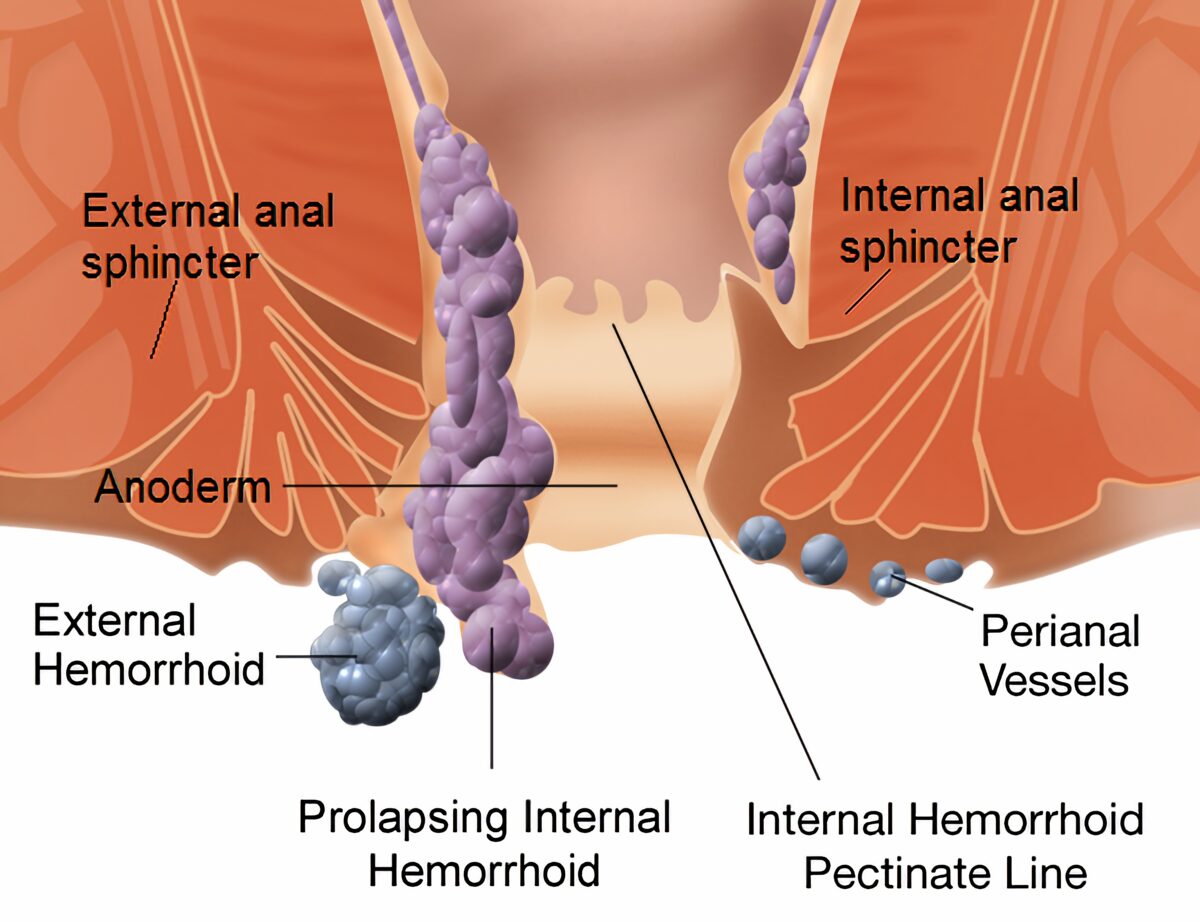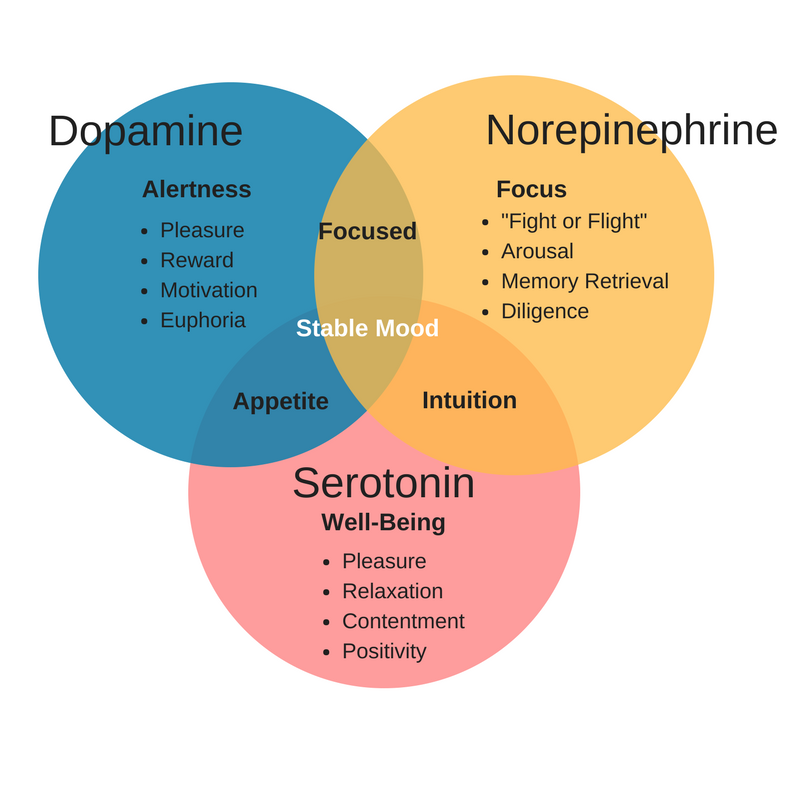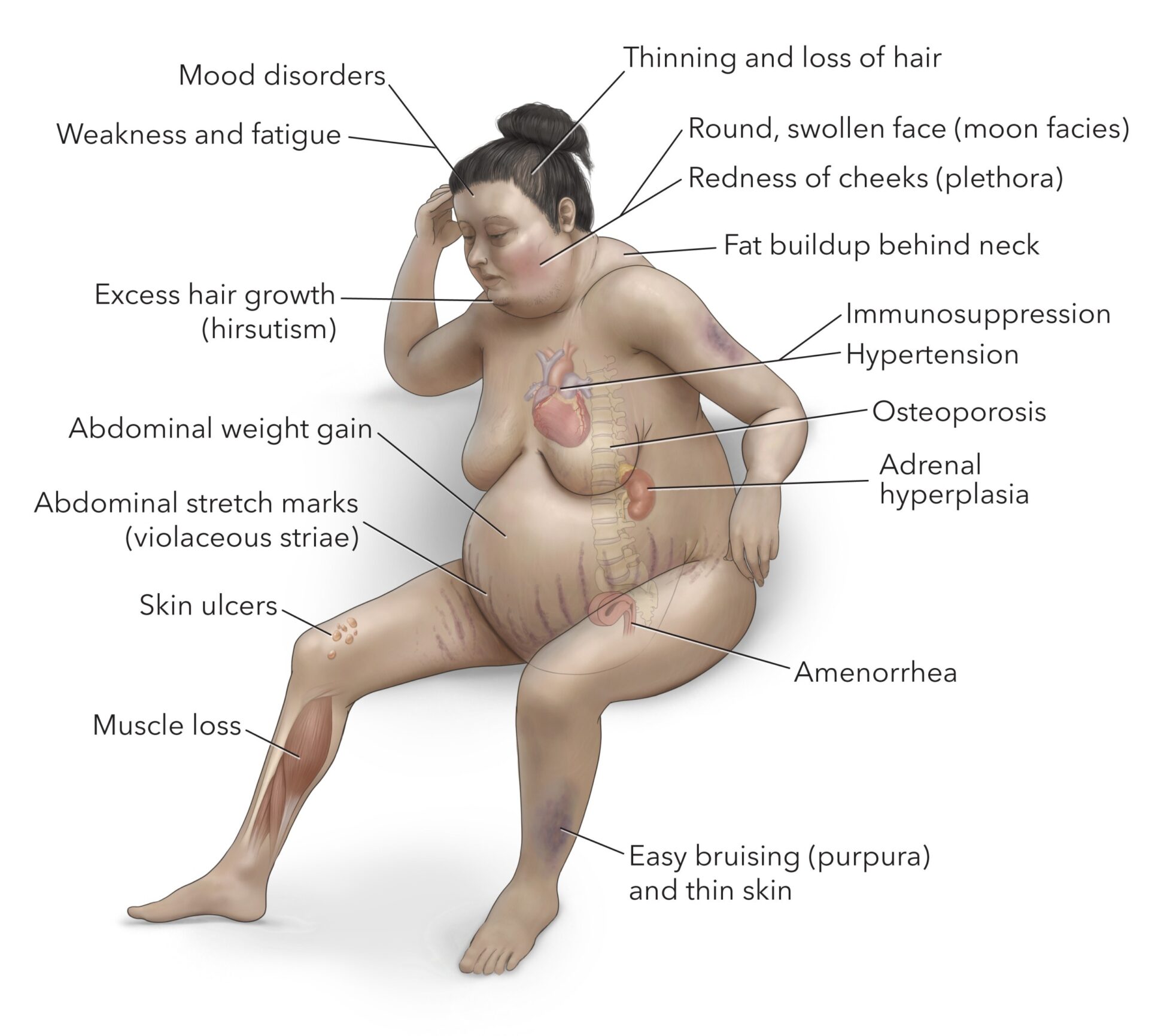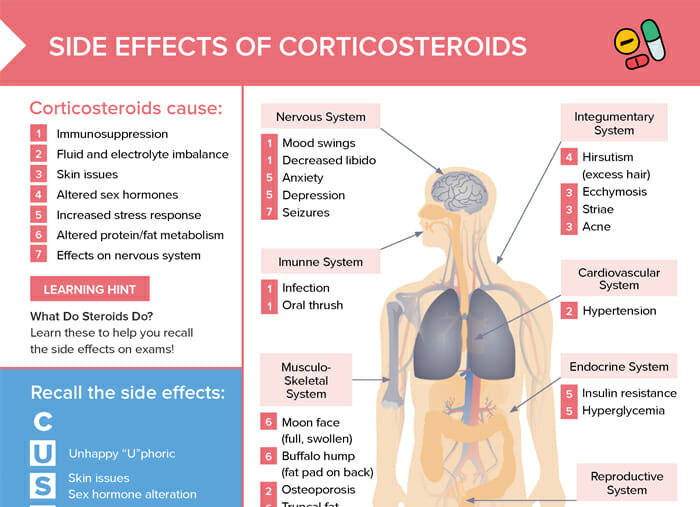The Magic of Pure Essential Oils: Benefits and Uses
Introduction
Essential oils have been cherished for centuries for their therapeutic properties, enchanting aromas, and versatile applications. These potent plant extracts are derived from various parts of aromatic plants, including leaves, flowers, bark, and roots. In this blog, we delve into the world of pure essential oils, exploring their benefits, uses, and the captivating scents that transport us to serene forests and sun-kissed gardens.
What Are Essential Oils?
Essential oils are highly concentrated oils that contain the essence of the plant, including its aroma and therapeutic properties. They have been used for centuries in various cultures for their medicinal, cosmetic, and therapeutic benefits. Each essential oil has its own unique chemical composition, giving it specific properties and benefits. Oils can aid digestion, relieve headaches, and improve mental focus.
The Wide Range of Applications for Essential Oils
Essential oils are multifaceted substances, with applications ranging from health and wellness to beauty and home care. This versatility is a testament to the innate power of nature and the potential of these plant essences.
Health and Wellness
In the realm of health and wellness, essential oils have been instrumental in managing stress, improving sleep quality, relieving pain, and enhancing skin health. Let’s explore some popular essential oils and their benefits:
Lavender Essential Oil
Extracted from the flowers of the Lavandula angustifolia plant, lavender is one of nature’s most versatile elixirs. Revered for its calming, soothing scent, it’s a linchpin in aromatherapy, widely used to ease anxiety, improve sleep quality, and promote relaxation. In skincare, lavender essential oil is a true powerhouse. Its antimicrobial properties make it an excellent choice for combating acne and skin infections, while its antioxidants help soothe inflammation and nourish the skin. It’s also known to accelerate wound healing, reducing the time it takes for cuts, burns, and other skin damage to mend.
Peppermint Essential Oil
Invigorating and refreshing, peppermint oil is a go-to for relieving headaches, easing muscle tension, and aiding digestion. Its menthol content provides a cooling sensation, making it a favorite for topical use. Inhaling peppermint oil can also boost mental alertness and focus.
Tea Tree Essential Oil
Known for its potent antibacterial and antifungal properties, tea tree oil is a staple in natural medicine cabinets. It’s effective against acne, athlete’s foot, and minor skin irritations. Diluted tea tree oil can be used as a natural disinfectant for cleaning surfaces.
Beauty and Home Care
In the beauty industry, essential oils are valued for their ability to nourish the skin, promote hair growth, and serve as natural perfumes. Even in-home care, essential oils are favored for their potent antibacterial properties, making them excellent natural cleaners. Here are some additional uses:
Eucalyptus Essential Oil
With its invigorating scent, eucalyptus oil is a respiratory champion. It helps clear congestion, making it a must-have during cold and flu season. It’s also a fantastic addition to DIY cleaning products due to its germ-fighting abilities.
Lemon Essential Oil
Bright and uplifting, lemon oil is a natural mood booster. It’s also a powerful degreaser, perfect for tackling sticky residues and greasy surfaces. Add a few drops to your laundry for a fresh scent.
Frankincense Essential Oil
Revered for its spiritual and grounding properties, frankincense oil is often used in meditation and relaxation practices. It’s also beneficial for mature skin, promoting a youthful complexion and reducing the appearance of fine lines.
Conclusion
Essential oils offer a fragrant journey into well-being. Whether you seek tranquility, immune support, or radiant skin, these botanical wonders have you covered. Remember, quality matters—choose pure, high-quality essential oils to experience their full potential. Happy oiling!










